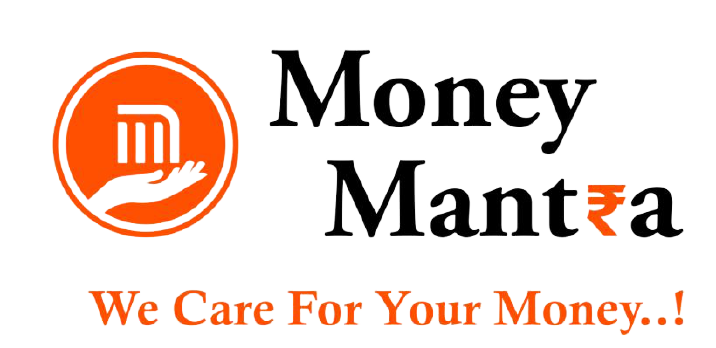Reverse Mortgage – A Regular Income Scheme For Retirement
Planning for retirement is always tricky issue since nobody knows how amount can be sufficient? In addition to this, there would be unexpected medical emergencies or accidents which hamper earning capacities and eventually savings capabilities. Therefore, when the time of retirement comes, one always has the insecurity of insufficient fund or regular flow of funds. In such times, there is a not so famous option called ‘Reverse Mortgage’.
Mortgage in general term is nothing but borrowing of funds to purchase a property and at the same time providing the same property as security to the lender of money. Reverse mortgage is the exact opposite, where property already bought is given as security in exchange of regular or lump sum amount. Sounds tricky? Let us break it down step by step.
Step 1. For reverse mortgage the first pre-requisite is possession and ownership of any property (land, house, building etc.).
Step 2. This property should be free of any encumbrances (loan) and self-acquired, meaning it should not be inherited from parents or in-laws or any relatives.
Step 3. Now, such property can be mortgaged to bank in order to give you a fixed monthly return or lump sum annual return every year.
Step 4. Bank only after the death of the borrower or at the time of liquidation of property can recover the money and not before that.
Step 5. The borrower remains relaxed and content as there is no direct repayment to be made by him until his last breath.
Scheme Under Reverse Mortgage
There are two schemes given by the banks under reverse mortgage. The two schemes – Reverse mortgage loan and Reverse Mortgage Loan – enabled annuity.
a. Reverse mortgage loan is simple scheme, where as per the needs of borrower funds are either received in lump sum or in installments.
b. Reverse mortgage loan-enabled annuity is more like a pension scheme, where the bank lends the money to insurance company. The insurance company thereafter returns the money in annuity for the rest of the life of borrower.
Advantages & Disadvantages of Reverse Mortgage
- On advantages perspective reverse mortgage can be helpful in following.
- Secured and regular source of income
- No stress of repayment
- No dependency on market highs & lows
- Tailor-made options of regular as well as annual income generation
- Sentiments related to house remain intact as no requirement to sell the house
- Option to prepay the loan as well
- Excess amount over and above loan is returned back to legal heirs
- Optimum utilization of other savings for foreign travel or other expenses similar to a coin every investment option has two sides to it, reverse mortgage also has certain limitation like
- Bank provide not more than 60% of the total valuation of the property
- The ownership is transferred to banks on death of borrower, which may affect the sentiments of the spouse as well as legal heir
- In case of only one dwelling house the surviving spouse may become homeless as the balance retuned by bank may not sufficient to buy another house.
- Additional cost of keeping the property insured and timely payment of property tax, keep the burden on borrower.
- Liquidation of property or rearranging the portfolio might give better returns.
- The concept is new and hence not publicized or studied well enough.
Pre-conditions & Tax Implication for Reverse Mortgage
There are following pre-requisite for a person to avail reverse mortgage.
- First and foremost the applicant must be over 60 years of age.
- The applicant must have self-acquired property belonging to his own name.
- In case of joint name, the other applicant can only be spouse and who should not be less than 55 years of age.
- An application of reverse mortgage containing personal information along with total number of legal heirs is to be submitted to bank. The bank after verification of documents and assessment of property grants loan of approximately 40-60% of the total valuation of the property.
- Reverse merger being a new concept, is currently offered by few banks and financial institutions such as, SBI, Andhra Bank, Deewan Housing Finance Limited.
- Tax is not applicable on any returns derived under reverse merger, however if the property is sold before the mortgage is over, then capital gain tax shall be applicable as per respective rates. Thus all the returns except liquidation corpus is tax free under reverse mortgage.
Who should opt for reverse mortgage and why?
The basic tendency in majority Indians is putting all the savings in buying a property, and ignoring the retirement fund altogether. Therefore investors with little liquidity and in search of regular income can always opt for reverse mortgage. In this way the sentiments of the investors towards their dwelling house remains intact and at the same time reverse merger provides them the option to close the loan without losing the property.
Reverse mortgage seems like a very attractive option in retirement, but should be chosen after carefully exploring all the alternatives. It may not be thought as the last resort but from returns perspective there may be better alternatives. It is always important to plan your retirement, but it is more important to prioritize your investment options and act accordingly.

